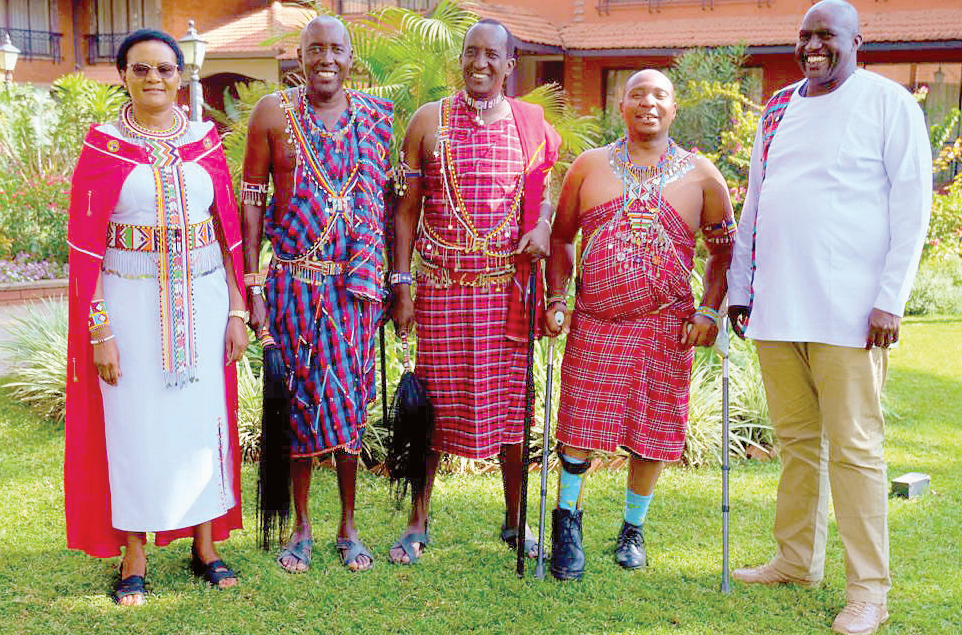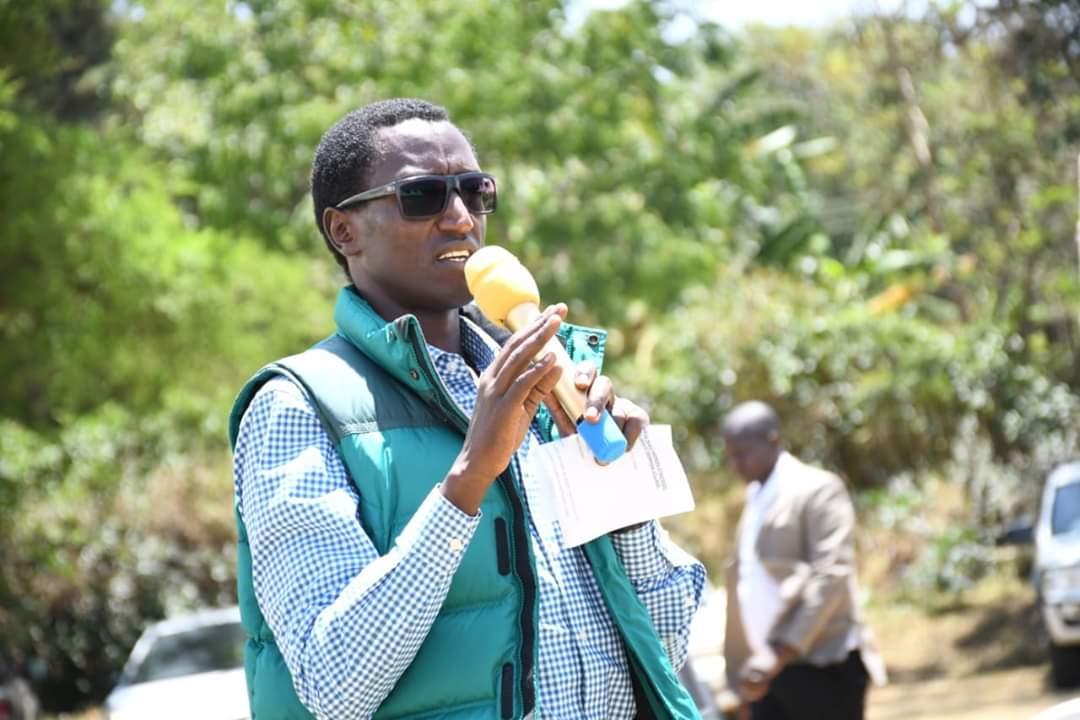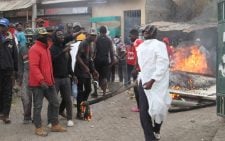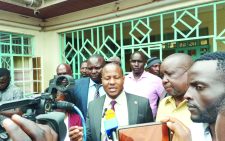Maa counties to host first culture, conservation fete

Narok, Kajiado and Samburu counties will hold the first ever international Maasai Cultural Festival starting Monday.
The event held under the Narok, Kajiado economic block (Nakaeb) summit led by governors Joseph ole Lenku of Kajiado (chairman) and Narok’s Patrick ole Ntutu, will lead the Maa nation in the inaugural festival to be held at the Maasai Mara National Reserve’s Sikinani Gate.
The leaders have roped in Governor Jonathan Leleliit (Samburu) as the Samburu people speak Maa together with Ilchamus of Baringo county.
Speaking during a Maasai leaders consultative meeting in Karen, Ntutu and Lenku said the inaugural event will be held from August 21 to 24, coinciding with the annual wildebeest migration.
It will be hosted in collaboration with the Ministry of Tourism and Wildlife.
Ntutu, who will be the host, said the festival is geared towards increasing tourism numbers and boosting revenue in the three counties.
President William Ruto and Prime Cabinet Secretary Musalia Mudavadi will grace the event.
“The aim of the event is to showcase the Maasai culture which is treasured internationally and incorporate culture into conservation efforts as well as a bridge of eliminating human wildlife conflict in conservation areas,” Ntutu said during a press conference.
According to the Chief Executive Officer (CEO) for Narok-Kajiado Economic block Jackson Ole Mbario, apart from the Maasai cultural activities and fashion being showcased during the week-long festival, it will also provide an opportunity for conservationists around the world to meet and discuss the conservation matters alongside bringing cultural component to tourist.
“Under the Narok-Kajiado economic block, the Maasai community from Narok, Kajiado, Samburu, Laikipia, Nakuru and Njembs of Baringo will converge in Maasai Mara on August 21-24 for a week-long cultural extravaganza to showcase their culture,” said Mbario, who oversees the preparations for the event.
Governor Ntutu, Lenku, Leleliit, said they arrived at the decision to have an annual event as a way of bringing members of the community together to promote their cultural practices.
“As we embrace unity among ourselves as Maa leaders, we have also decided to create a cultural week that will be rotating yearly among the three counties before we finally push for more recognition as a Unesco heritage centre,” said Lenku.
Lenku said the inaugural cultural week will be hosted by Narok County at Maasai Mara while Kajiado and Samburu will host subsequent events.
The event will kick off with the Maa Music Day, where the 50 sections of the Maasai community will display their songs and dance, followed by the Maa Fashion Day in the second day where the community will showcase its dress code for all genders, traditional and sacred ornaments, bracelets, necklaces and head gears.
“On the third day, we will display our sports that include jumping, throwing sticks, spear throwing, wrestling to express how our young men pass their leisure time,” added Ole Mbario.
The attachment of the Maasai to their cattle will take centre stage on the fourth day.
Dubbed “Maa and his Cattle” Day, the events will involve displaying segments under cattle colour brands (moieties). A cattle auction will also be held.
The two cattle brands/colours, the red steer and black steer are uniform colour code moieties, among Southern Maasai who live mainly in Kajiado and Narok counties as well as Northern and Southern Tanzania and are used to determine leadership positions.
Narok CEC for Tourism and Wildlife Johnston Sipitiek said during the extravaganza, traditional Maasai food, including meat, herbal soup, traditional herbs and medicine, will also be on display.
Sipitiek said the cultural event is a move by Maasai leaders to forge a united front not only in culture matters, but also in governance, social, political and economic affairs.











